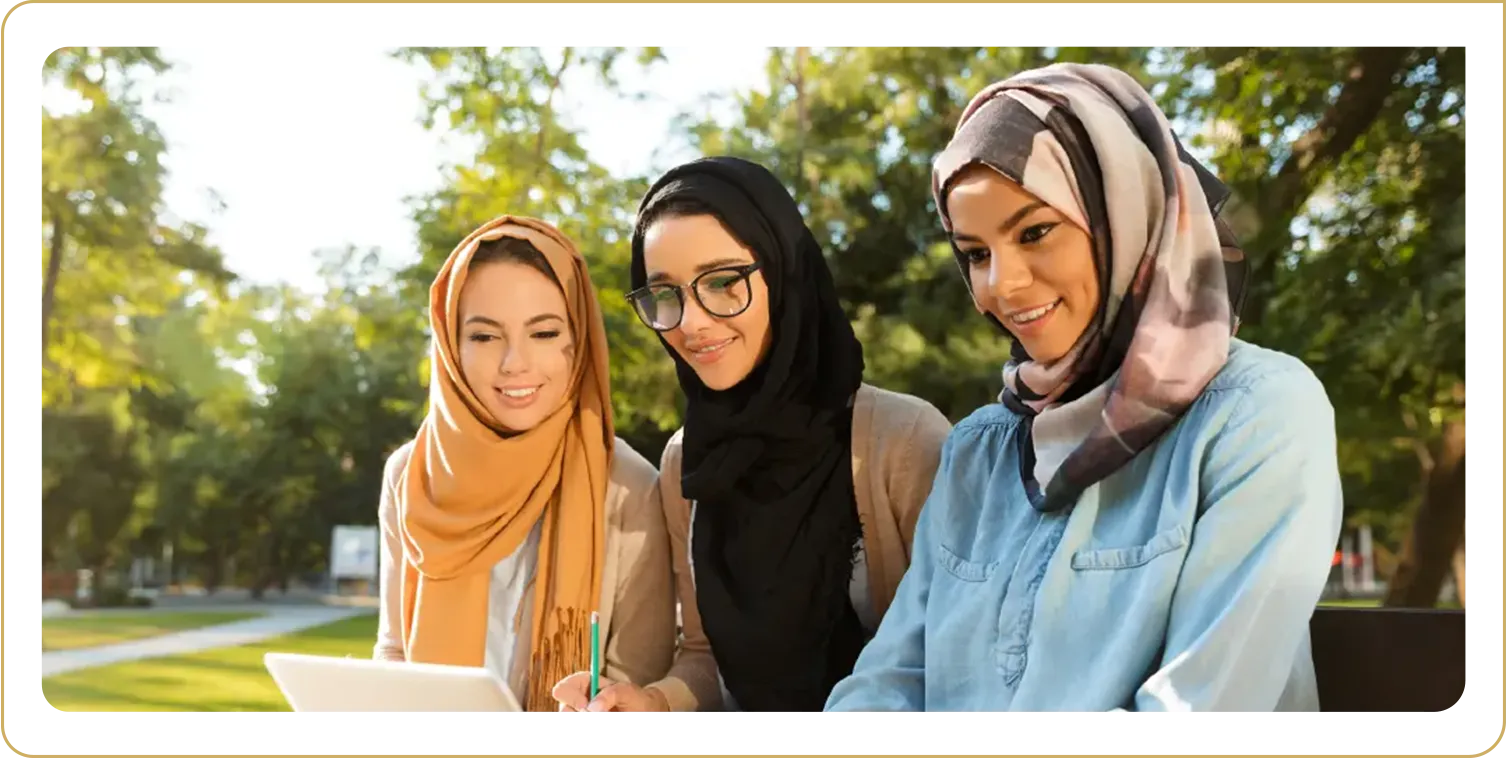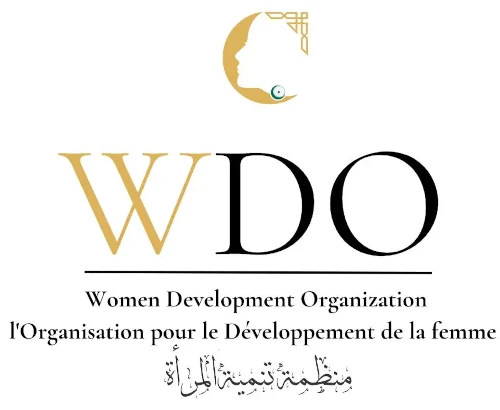Many people tend to, wrongly, conflate Islam with misogyny and oppression, especially when a topic such as women in Islam or Muslim women comes up. These harmful stereotypes are predisposed to confusing Islam with outdated cultural practices from centuries ago. In fact, most of these people fail to recognize the fact that Islam has empowered women with exceedingly progressive, especially for their time, rights since the 7th century1. In Islam, women are not inferior, nor are they unequal to men.
When looking at women in Islam, and more specifically, Quranic texts, it should be taken into account that context absolutely matters, as the circumstances of the times in which these verses were revealed are much different from the circumstances of this day and age. For example. Surat al-Baqara 282 is commonly cited to claim that males are superior in Islam. The verse states:
“O believers! When you contract a loan for a fixed period of time, commit it to writing. Let the scribe maintain justice between the parties…. If the debtor is incompetent, weak, or unable to dictate, let their guardian dictate for them with justice. Call upon two of your men to witness. If two men cannot be found, then one man and two women of your choice will witness—so if one of the women forgets the other may remind her.2” (Quran 2:282)
When taken out of context, this verse could be taken to mean that a woman’s testimony is not equal to that of a man’s. However, considering the fact that at the time in which this verse was revealed, women were not commonly involved or even experts in business affairs, this specific verse should not be used to prove that women are not equal to men in Islam3.
It is important to note that Muslim women have enjoyed certain rights that Western women have not been able to attain until as early as the 19th century. For example, until 1882, any property that a woman in England owned, was automatically given to her husband when married4. Muslim women have always been in control of their own assets and properties. Muslim women even have the right to specify certain conditions in marriage contracts, such as the right to divorce if their husband were to take another wife. Not to mention, Muslim women in many countries keep their own last name rather than taking their husband’s name after marriage.
In addition to the above, the Quran also explicitly states the equality between men and women in the eyes of God. For example, the Quran specifically forbade female infanticide, which was a common practice among the Arab Pagans prior to Islam. It also specifies that daughters should be educated as well as sons. It insists that women have the right to refuse any prospective husband, as well as giving women rights if they are divorced by their husband. As mentioned above, it also gives women the right to inherit property.
All in all, there are many misconceptions about women in Islam, most commonly due to a lack of understanding of Islam and conflating both culture and religion without a clear distinction between the two. Muslim women are commonly made out to be oppressed victims when they are often times enjoying rights that they would not otherwise receive. However, of course, there is still the issue of religious figures taking Quranic verses out of context and using them against women. As long as the original roots of Islam and Quranic verses are followed, there is no doubt that Muslim women will continue enjoying freedoms and rights afforded to them by Islam.
References
1.
2. Surah Al-Baqarah—1-286. (n.d.). Quran.Com. Retrieved February 27, 2023, from https://quran.com/al-baqarah
3. Kharroub, T. (2022, November 22). Five things you need to know about women in Islam: Implications for advancing women’s rights in the Middle East. Arab Center Washington DC. https://arabcenterdc.org/resource/five-things-you-need-to-know-about-women-in-islam-implications-for-advancing-womens-rights-in-the-middle-east/
4. Global Connections. Roles of Women | PBS. (n.d.). Retrieved February 27, 2023, from http://www.pbs.org/wgbh/globalconnections/mideast/questions/women/




